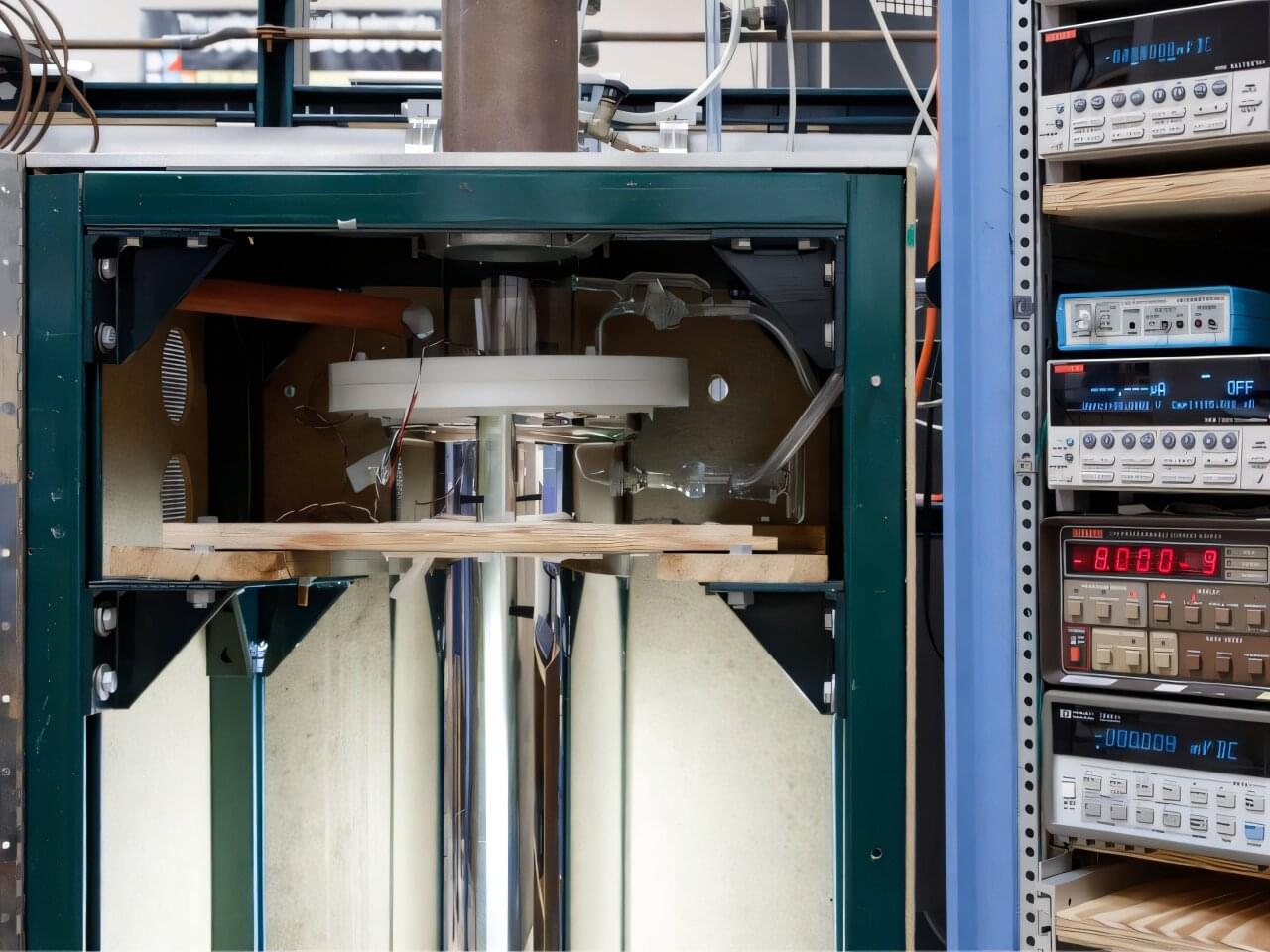Researchers at the University of Houston’s Texas Center for Superconductivity have achieved another first in their quest toward ambient-pressure high-temperature superconductivity, bringing us one step closer to finding superconductors that work in everyday conditions—and potentially unlocking a new era of energy-efficient technologies.
In their study titled “Creation, stabilization, and investigation at ambient pressure of pressure-induced superconductivity in Bi0.5 Sb1.5 Te3,” published in the Proceedings of the National Academy of Sciences, professors Liangzi Deng and Paul Ching-Wu Chu of the UH Department of Physics set out to see if they could push Bi0.5 Sb1.5 Te3 (BST) into a superconducting state under pressure—without altering its chemistry or structure.
“In 2001, scientists suspected that applying high pressure to BST changed its Fermi surface topology, leading to improved thermoelectric performance,” Deng said. “That connection between pressure, topology and superconductivity piqued our interest.”
